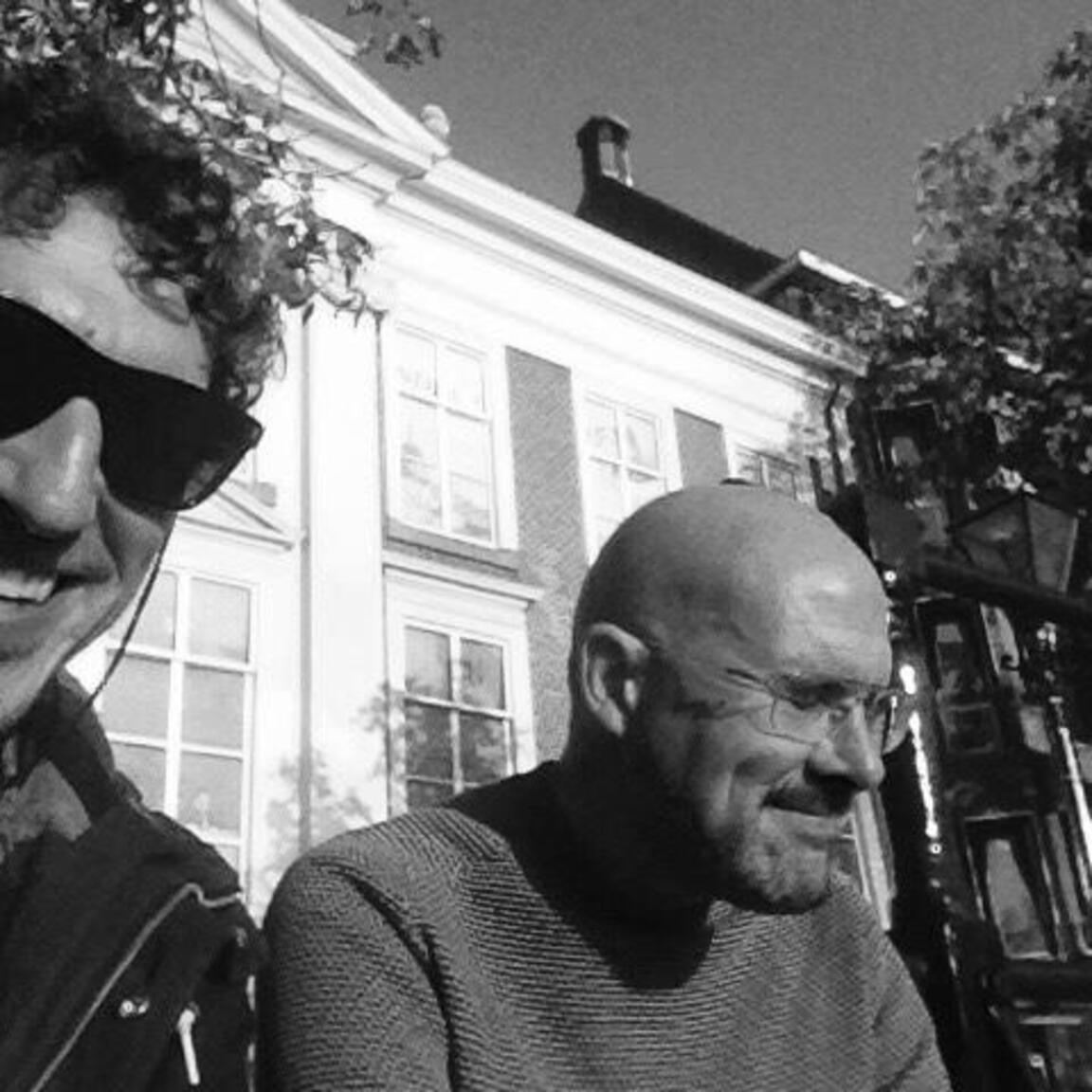Forelesning

Two on the Road: Aimar Pérez Galí and Jaime Conde-Salazar
Aimar Pérez Galí (choreographer) and Jaime Conde-Salazar (dramaturgist) work together since 2015. This open talk will be focused on collaboration and on the challenges they face nowadays.
Taking their recent works “The Touching Community” (2016) and “Épica”(2017) as an starting point, they will explore ideas related to darkness and to the possibility of producing dance against and beyond the extreme visibility imposed by traditional theatre. Inspired by André Lepecki ideas on darkness, they will try to propose ways of eluding imposed capitalist photologics and expanding our choreographic imagination.
Jaime Conde-Salazar (Madrid, 1974) is a theoretician and critic of dance and regularly collaborates in specialized magazines such as Por la Danza, SuzyQ, Ballet / Tanz, Mouvement, Hystrio and Obscena. As a playwright he has accompanied the creation processes of Ben Benauisse, Antonio Tagliarini, La Ribot, Aitana Cordero and Aimar Pérez Galí among others.
Aimar Pérez Galí (Barcelona, 1982) develops his artistic practice in the field of dance and live arts as a dancer, choreographer, researcher, pedagogue and writer, always understanding the body as a place of reference and dance not as an end in itself but as a critical transformation tool.
